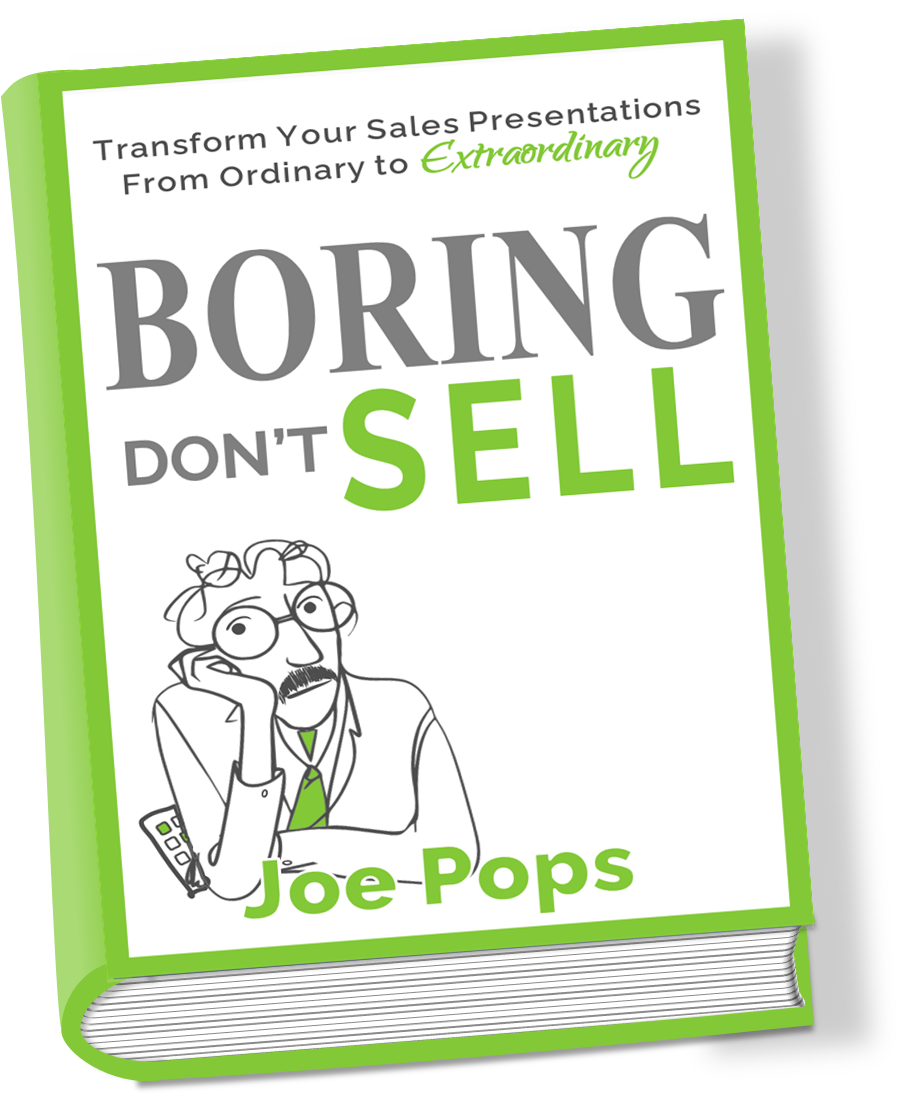In January of this year I attended a large corporate conference. At this event I heard one of the best inspirational speakers I have ever experienced (more on that later) as well as some less than inspirational (boring) presentations. Conferences are like that.
One presentation had an interesting “for example” moment. I am normally a big fan of using examples during presentations, but this time it bothered me. It took me awhile to figure it out what wasn’t right…and then it finally hit me. The example wasn’t real.
The speaker used a “for example” situation that was hypothetical. It was made up to support the point he was making, but it didn’t fit the real world. It was something I have never experienced in the many years I have been doing my day job.
As a speaker you have to be careful to choose real examples/experiences that will resonate with the audience. The speaker lost credibility with me when he used the unreal example. The word authenticity is used to today when talking about presentations – you want “an authentic audience experience”. The example wasn’t authentic.
The phrase “for example” paints a picture of a future state for your audience, but that picture must be believable and resonate with them. If you use a “for example this could happen” you had better know your audience very well, otherwise you could have just created an “inauthentic” moment and lost your credibility.
Joe Pops
R2BB

